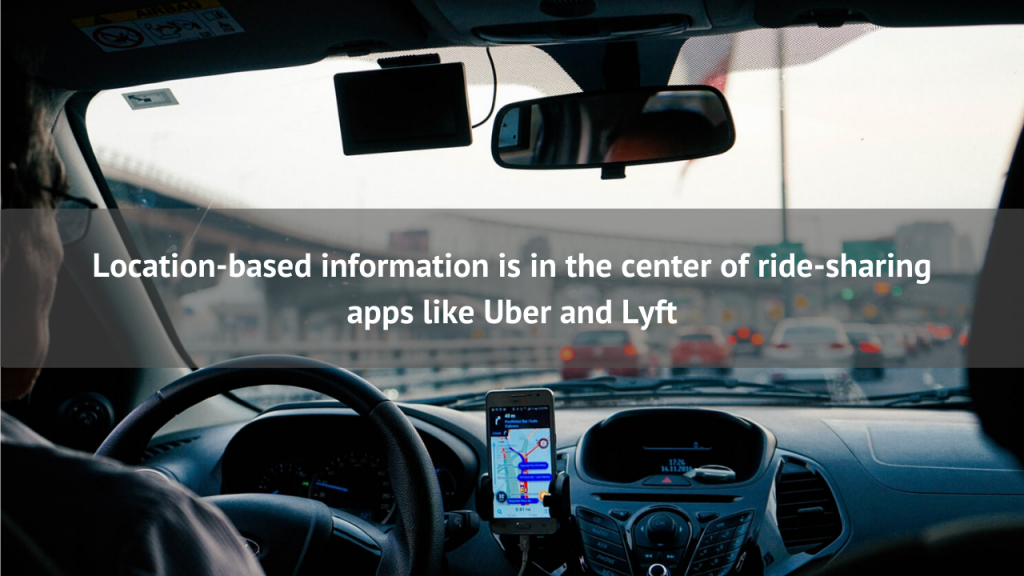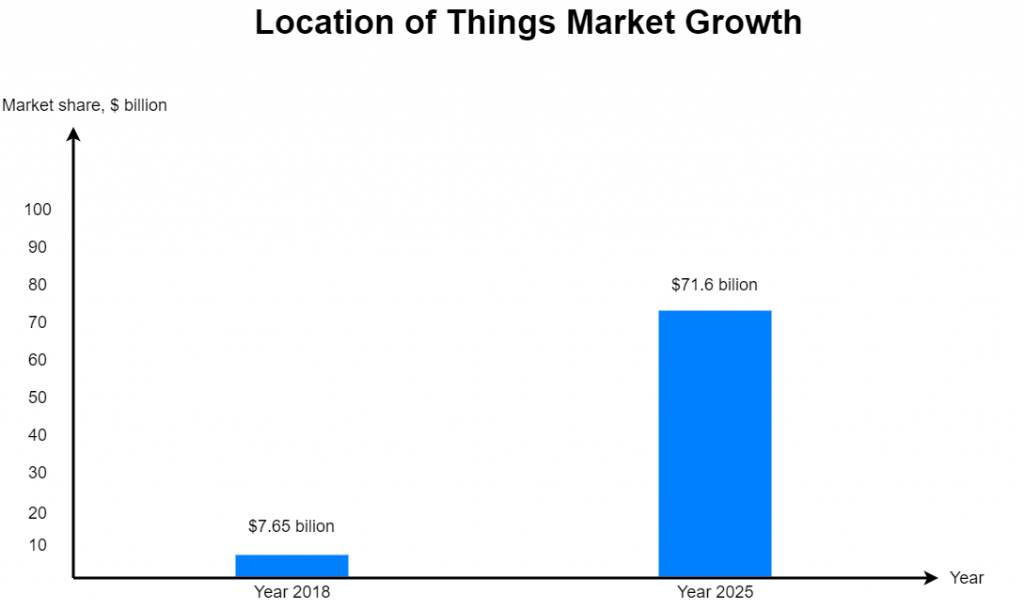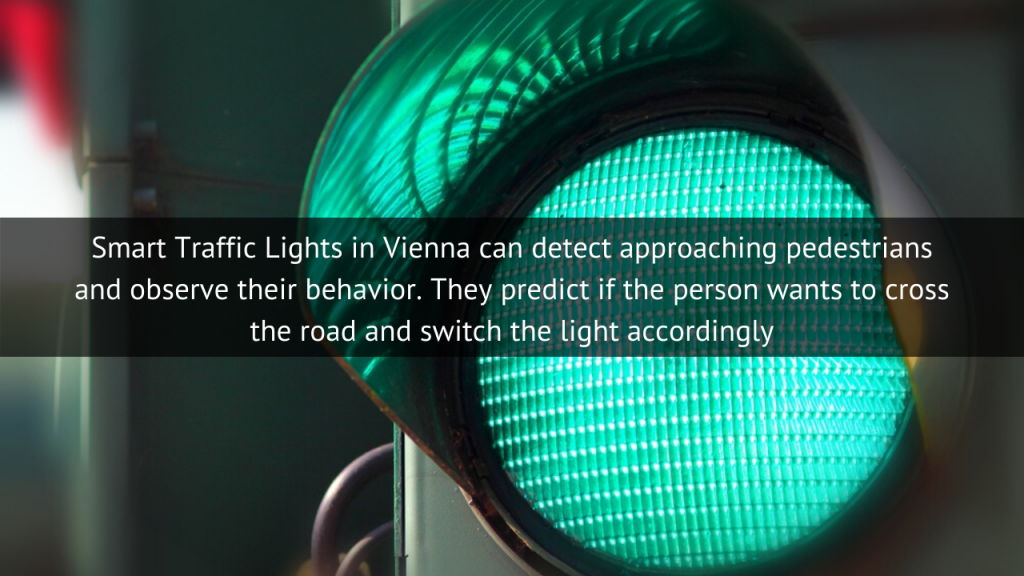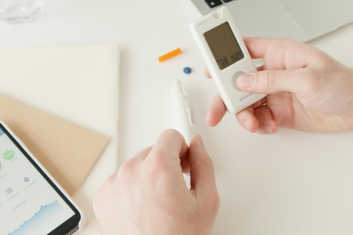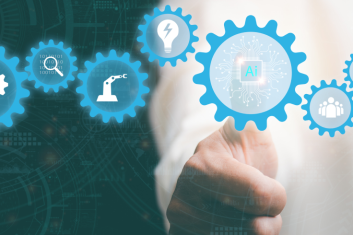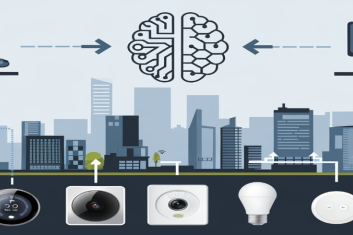Internet of Things technology generates a lot of data that makes it easier for the user to understand processes and events.
The term is extremely broad, encompassing technologies and devices gathering all kinds of unsorted data. To gain the most value from these technologies, it’s useful to categorize this data according to factors such as temperature, speed, location, humidity, and the like. Today, let’s talk about the Location of Things — and how we can use geopositioning to our benefit.
Location Data From IoT Is Valuable
The Internet of Things is all about understanding data to make our lives better. Location is among the most versatile and easily obtainable types of information among the huge volumes of data that can be gathered by various IoT devices.
Most of us carry around smartphones that track our location. The software can use that data to offer useful information.
For instance, when you ask your smartphone about the weather, it provides the forecast for your location. You don’t have to specifically type in your city or area.
Banking apps or restaurant apps also make use of geopositioning to show you nearby locations. Uber has streamlined the way you call a cab — the application already knows where the driver must pick you up. All you need to do is to enter your destination.
Some software companies go further and try to predict what you need based on location. For example, as you pass by a store selling sneakers, marketers might send you an ad offering you the newest styles.
Thanks to the GPS chip inside almost every piece of consumer tech, anyone carrying a smartphone becomes a location-aware beacon. That lets tech companies build a location-aware infrastructure, gain a competitive edge, and discover the best ways to engage customers.
Companies are investing in the Location of Things to drive sales. Research and Markets expect the LoT market to reach $71.6 billion by 2025, growing at a CAGR of 34.07%.
Researchers state that the Location of Things market will continue to grow at a CAGR of 34.07%, reaching $71.6 billion by the year 2025
How Can Businesses Use the Location of Things?
Innovators are always looking for new ways to apply geopositioning to business. Below, we’ll take a look at several fields of business where location data can benefit both customers and business owners.
Insurers Optimize Risk Management
Insurers can use LoT to their benefit in risk modeling. The technology can help companies identify areas prone to flooding or stretches of highway where road accidents are most likely. Risk modeling backed by LoT data allows for more precise risk analysis.
In addition, Location of Things insights can help insurance companies prevent fraud. Using location and activity data from a client’s fitness app, for example, an insurance company was able to prove that the client had lied to the company to get full insurance coverage.
Retail Provides a Personalized Shopping Experience
Retailers can use geopositioning to grow the business. For instance, analyzing how many people visit each outlet can help a company decide whether and where to open another one.
On top of that, retailers can offer location-based content to customers. A retailer’s application can include a map showing stores available to the user, based on their current location.
When the customer is shopping for a particular product, the application can show whether the item is available at a nearby physical store and offer to reserve it.
Some retailers make use of BLE beacons in their stores: customers who approach a particular display may get a push notification on their smartphones with info on the product, available discounts, and more.
Beacons allow retailers to better engage customers, personalize their shopping experience and improve their satisfaction
Logistics Upgrades Fleet Management
Businesses can streamline their deliveries with Location of Things solutions. IoT in logistics makes it possible for administrators to track vehicles and deliveries in real-time with precision.
IoT in the transportation industry provides better routing, vehicle condition tracking, and predictive maintenance options. Based on location info, suppliers can track the delivery status and driver activities.
Microsoft Azure provides a platform for companies to optimize fleet management by observing the location of vehicles and their condition
Companies can plan deliveries based on weather conditions, road safety, and many other factors to make sure the item won’t get damaged.
Also, suppliers can offer accurate delivery information to customers, which allows them to know exactly when the product is to arrive so they can plan their day around the delivery.
Inventory tracking is also a big part of logistics. Warehouses are hard to keep organized, and LoT solves those problems. Using simple sensors, the system allows warehouse workers to easily locate the required items and monitor their condition, as well as gain access to important information.
Telecoms Manage Network Load
Telecom companies are also embracing LoT to their benefit. Providers are analyzing geographical data to find areas with inconsistent signals. That allows them to install more cell towers in areas that experience a weak signal.
Want to build a LoT software solution?
Our highly-skilled professionals are ready to to deliver the best solution.
Aleksandra Golik
Head of Sales
at HQSoftware
City Infrastructure Becomes Smarter
The Internet of Things also improves the way we move around cities with the help of smart infrastructure. Powered by location data, it will eventually be possible to fill our cities with self-driving vehicles that keep road accidents to a minimum.
Geopositioning can also optimize the way traffic lights work. Having continuous data about every vehicle’s location allows the city to adjust the timing of traffic lights in response to traffic congestion. Lights can also be equipped with cameras to see approaching pedestrians.
Bottom Line
The Location of Things provides data that opens new opportunities for both businesses and customers. Businesses can use this technology and the insights gleaned from it to create better products, optimize spending, and minimize production time.
As for customers, the Location of Things technology helps provide useful information on products they are looking for. They will have a better delivery experience and more personalized shopping.
Local governments will win here as well. With the Location of Things tech, they will be able to automate city infrastructure, saving money, ensuring citizens’ safety, and creating a more comfortable place to live.

HQSoftware Founder
Having founded the company in 2001, uses his broad knowledge to drive the company forward. Ready to share his wisdom on software development and technology insights
Related Posts
View All
We are open to seeing your business needs and determining the best solution. Complete this form, and receive a free personalized proposal from your dedicated manager.

Sergei Vardomatski
Founder

